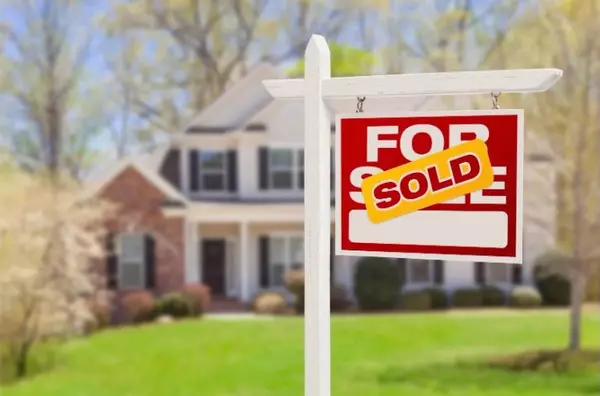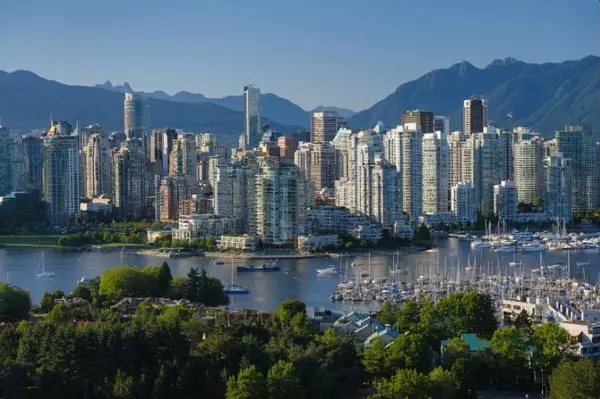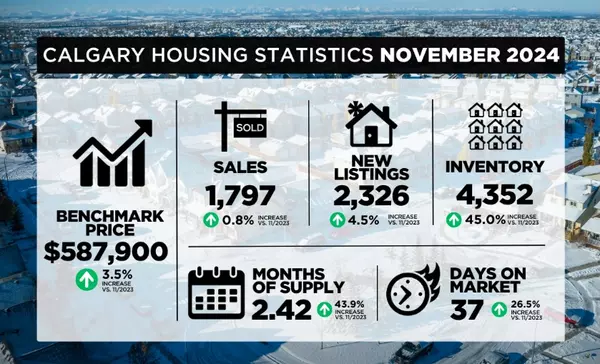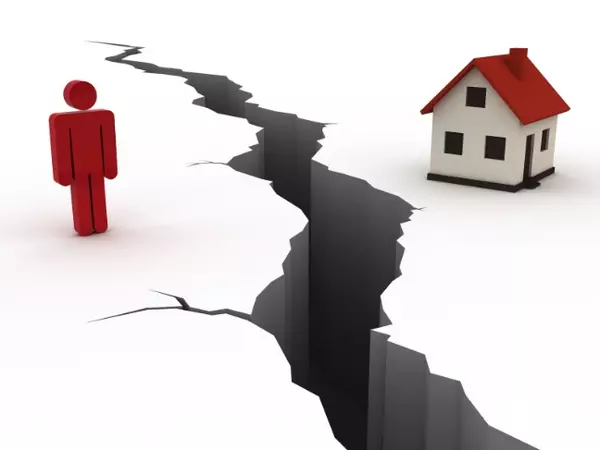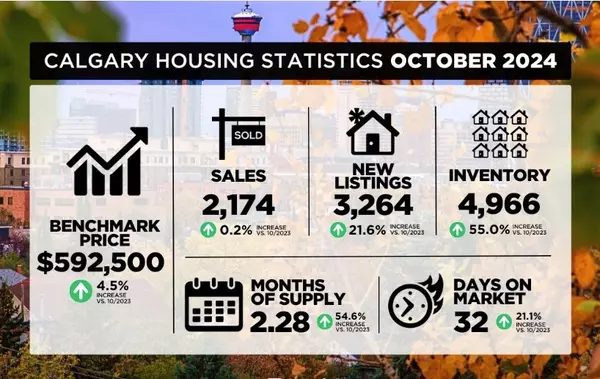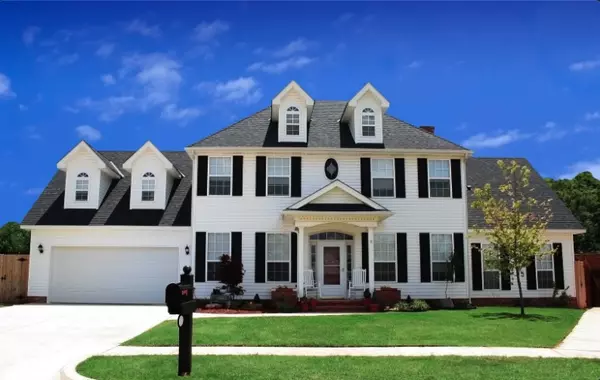Architect hopes cabin community will help solve Toronto's homelessness crisis
Non-profit Two Steps Home hopes to partner with City of Toronto on $2.5M project

A tent under the Gardiner Expressway at Lake Shore Boulevard West and York Street. (Michael Wilson/CBC)
After building cabin communities in Ghana, Tanzania and Indonesia, architect John van Nostrand is hoping to bring his solution to the affordable housing crisis to Toronto.
The founder of non-profit Two Steps Homes aims to raise $2.5 million to build 50 cabins on city-owned land to house homeless people until permanent housing becomes available.
The 10-square-metre cabins are designed to meet Ontario Building Code standards and will be built around a communal space for cooking, cleaning, and community meetings.
"Our units are all really well built," van Nostrand said.
"They meet the green standards of the city. They're well insulated. You get natural ventilation, heating and air conditioning, electricity, lighting, a nice porch, and you can lock it on the inside."
He says the tiny homes will also deliver on the temporary housing the city desperately needs, and save millions of dollars in the process because Two Steps Home will cover building costs.
"We have city-owned public sites … that are identified for affordable housing," van Nostrand said. "We propose to go to one of those sites that's near an encampment or near where people are needing it."
Toronto is in dire need of shelter, as the cost of living remains high, the city winds down its pandemic approach of paying for hotels to serve as makeshift shelters, and winter approaches.
Already, hundreds are being turned away daily due to a lack of space.

When Gord Tanner, the city's director of homelessness initiatives, unveiled the city's winter homelessness plan earlier this month, he said the city doesn't have a clear picture of how many more Torontonians will need shelter space as temperatures continue to drop.
On Monday night, outreach workers at a Toronto shelter intake centre on Peter Street could be seen taking jackets, hats and sleeping gear to the dozens of refugees lining up outside in the cold.
City council to consider motion to build temporary shelters
Last week, Coun. Alejandra Bravo put forward a motion calling on city staff to explore the idea of using city-owned land to build temporary or permanent supportive housing. The motion passed at the economic and community development committee, which Bravo chairs, and will go to city council for approval on Nov. 8.
If approved, the motion instructs staff to report back during the first few months of 2024.
Van Nostrand is optimistic. He says he's been speaking with councillors and city staff about three possible locations and "so far it seems positive."
It would only take six months to build the cabins once approval is granted, he said.

Khaleel Seivwright — the Toronto carpenter whose legal battle against the city over tiny wooden shelters he built for people living in tents was well publicized — is also working on the cabin project.
"It's going to be pretty, they are not going to be sheds, they are going to look like homes," said Seivwright, who is on the board at Two Steps Homes.
'A brilliant model,' reverend says
Windermere United Church pastor, Rev. Alexa Gilmour fully supports the cabin project because she thinks it will help the hundreds of asylum seekers who have been forced to live on the streets because city shelters stopped accepting them.
"There's a gap in the housing system," Gilmour said.
"We've got housing that can happen quickly and housing that can happen safely, housing that is dignified. And it allows people to move from the encampments toward permanent housing. I think it's a brilliant model."
Last week, Sean Blake, a business representative with the Carpenters Union, local 27, attended a fundraiser for the cabin project. He says if Two Steps Home can work out a successful partnership with the city, the model could be used to build temporary homes citywide.
"We have a housing crisis, we have a homelessness crisis, and these tiny homes are one way to move folks from homelessness into temporary housing while permanent housing is being built," he said.
By declaring the homeless crisis a priority, Blake says the city council appears to be more progressive than previous ones, so the proposal may have more of a chance of being successful.
Seivwright says the non-profit will continue to raise money to make the cabin community proposal a reality. As of Oct. 30, Two Steps Home had raised more than $250,000.
If city council doesn't vote in favour of the cabin communities, Seivright says Two Steps Home will either try to find a private landowner willing to work on the project or may opt to donate the money to charity.
Categories
Recent Posts

